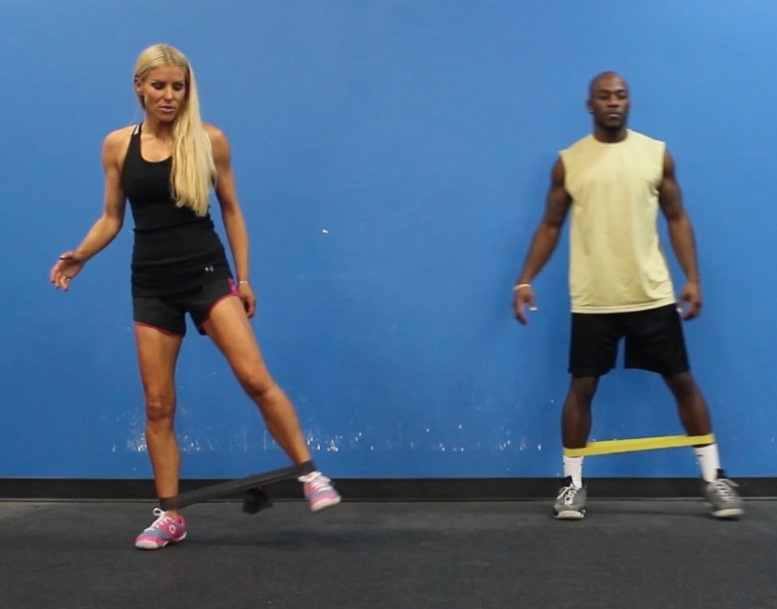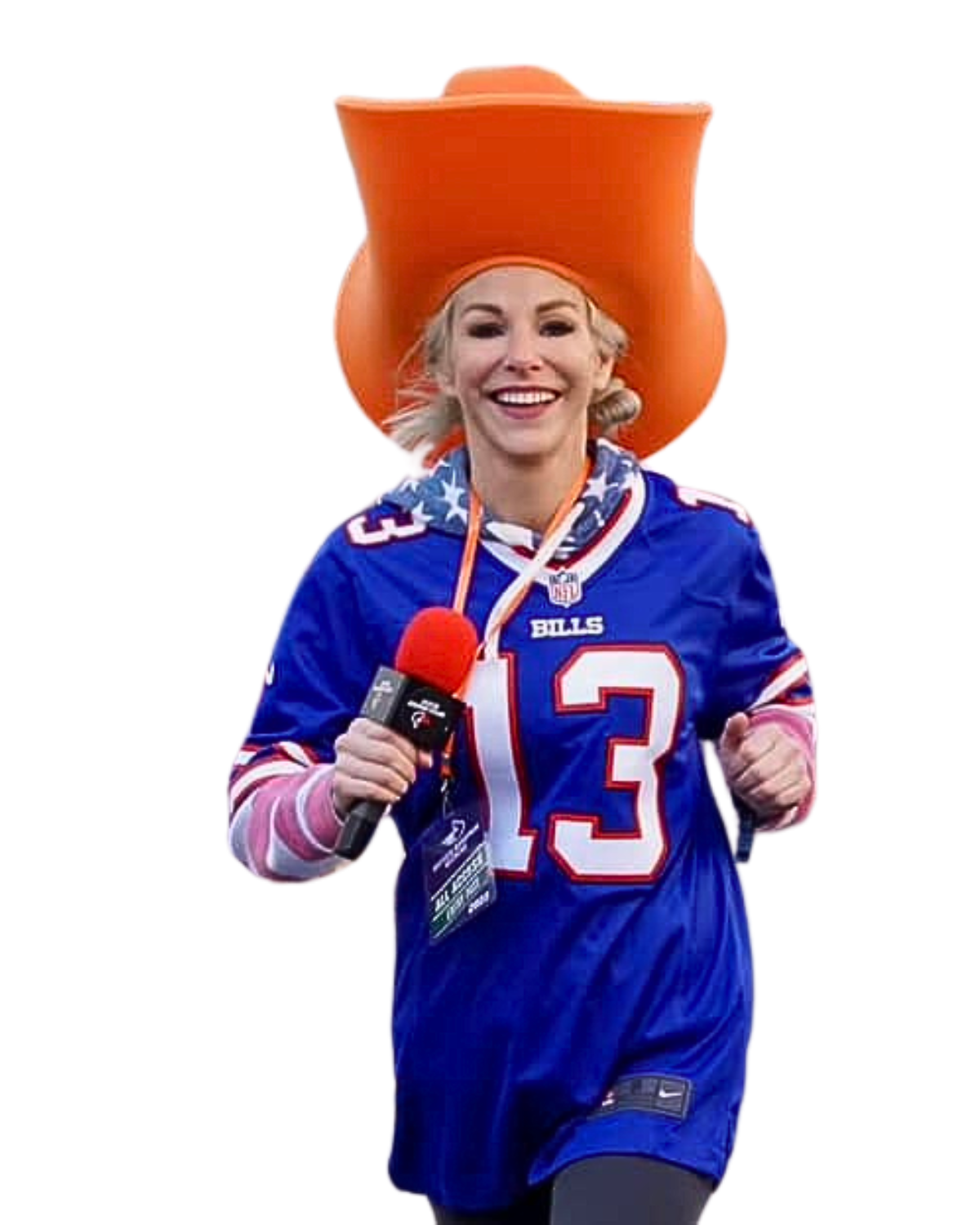I’m Kristina Moore and I am currently interning for Fitz Koehler. I have been blessed with a great experience to come over from Australia and play basketball in the United States. I started off competing in both basketball and track and field but stopped track and field due to the pandemic and a change in priorities. Fitz and I have been discussing the differences between U.S college systems and Australia, so I thought I’d let you guys in on some facts and thoughts.
Trust me when I say, college athletics in the U.S. is a completely different world. When I was being recruited in the U.S. for basketball and track and field, I had never encountered something quite like any of this. With the amount of support and dedication to these schools, you’d think these athletes would be getting paid (subjected to current change with NIL deals).
I found this whole process completely bizarre. The fact that they would pay for your flights, hotel, and all of your food for 48 hours, purely trying to convince you to attend their school is beyond anything I’ve known. So you all can get a grasp on why this is so extraterrestrial to me, let me explain how universities in Australia work.
The layout of Australian universities:
- You complete high school, get your diploma, then your overall grade from your senior year determines what school/program you can get into. Keep in mind there are only 45 universities in the whole country of Australia. Florida alone has 171. INSANE! Extracurricular activities like sports are not considered with your application. Acceptance is purely determined by your grades.
- You attend the university that you choose and can get into.
- You will likely have a part-time job and live at home.
- Complete your degree. That’s all.
There are always clubs you can join etc. but the major difference in Australia is that athletics and school do not co-exist. Universities will have ‘club’ sports which you can compete in and represent the school in. The difference is, these clubs will be competing against other local competitions rather than other schools.
In Australia, the odds of athletes getting scholarships to go to school are slim to none. The majority of higher-level schools might provide financial assistance, but this will rarely cover your school fees, let alone help with competition/travel/coaching fees. A lot of high-level athletes that I know will be attending school full-time while training full-time, where financial assistance is usually needed. The majority of the time, this depends on how successful you are. Some Olympic athletes that go to university will get a small amount of support, even though they are competing at the highest level.
The majority of my friends from home have stayed in Sydney and still live at home. The concept of moving states so willingly is a much more foreign concept in Australia, where people in the U.S. seem to do it with little hesitation.
**Thanks for sharing this insight, Kristina! For our readers, you may notice a difference in Kristina’s tone here in this article. Instead of editing the Australian speech out of it, I thought I’d leave her unique voice! She’s a special girl and a talented athlete.






